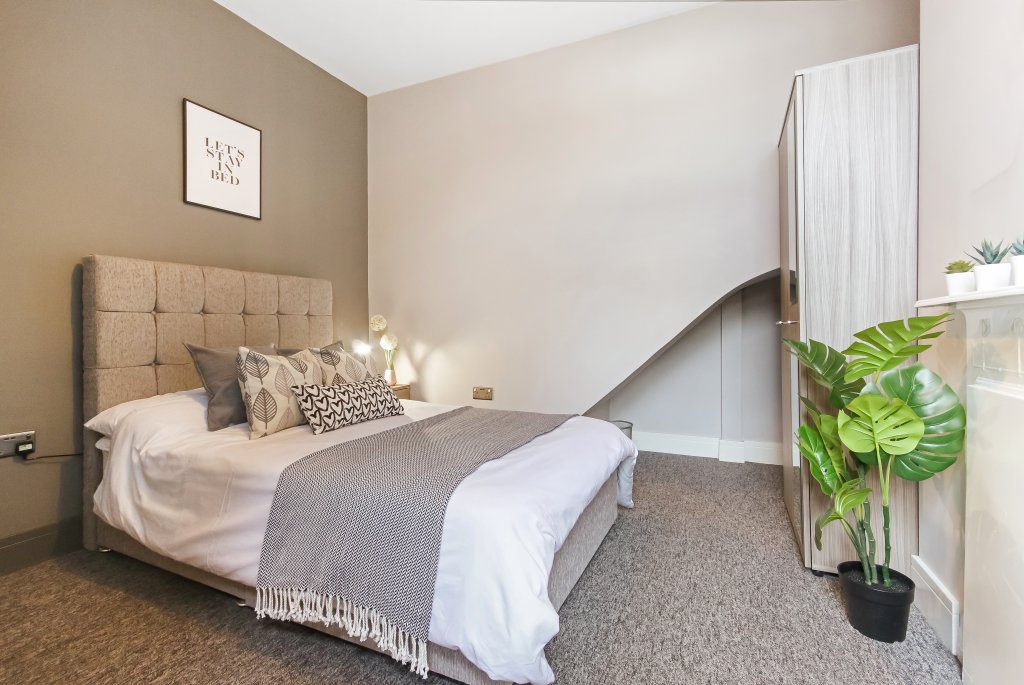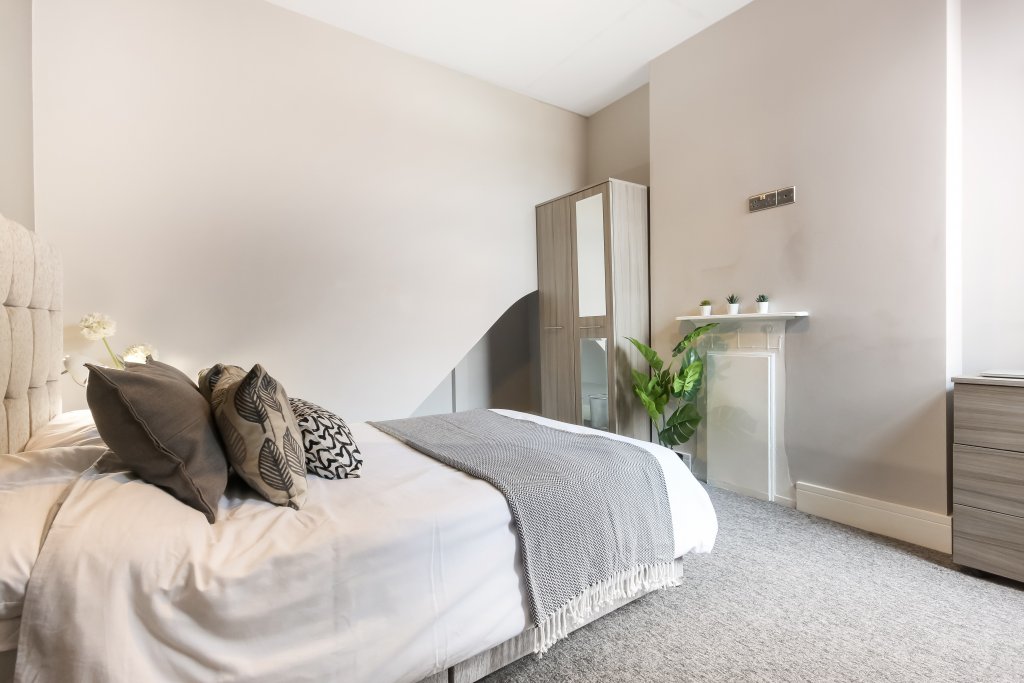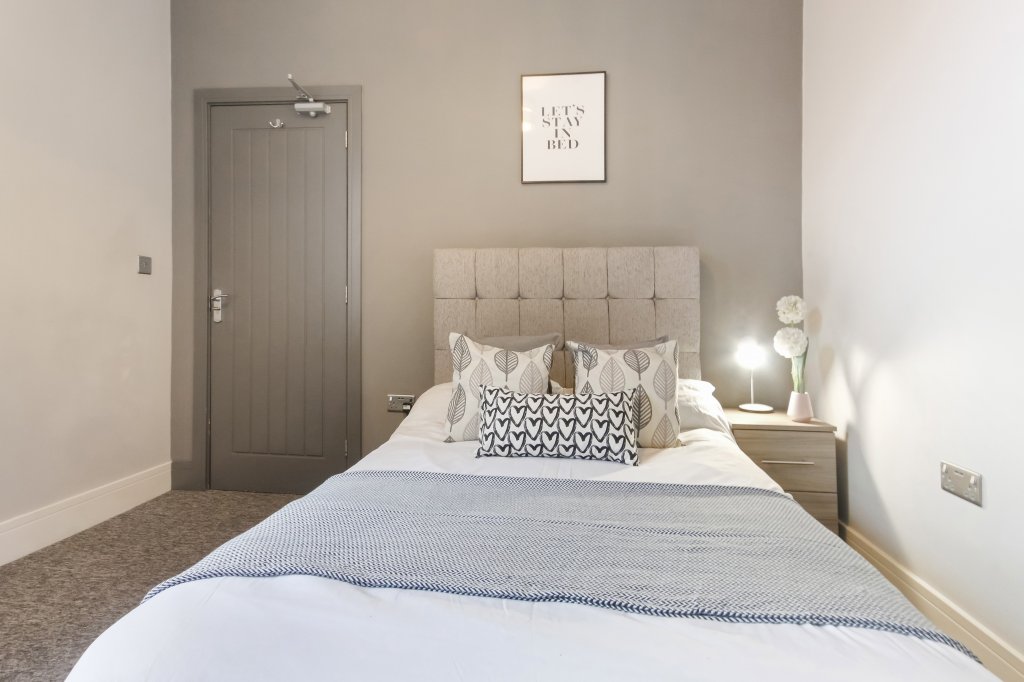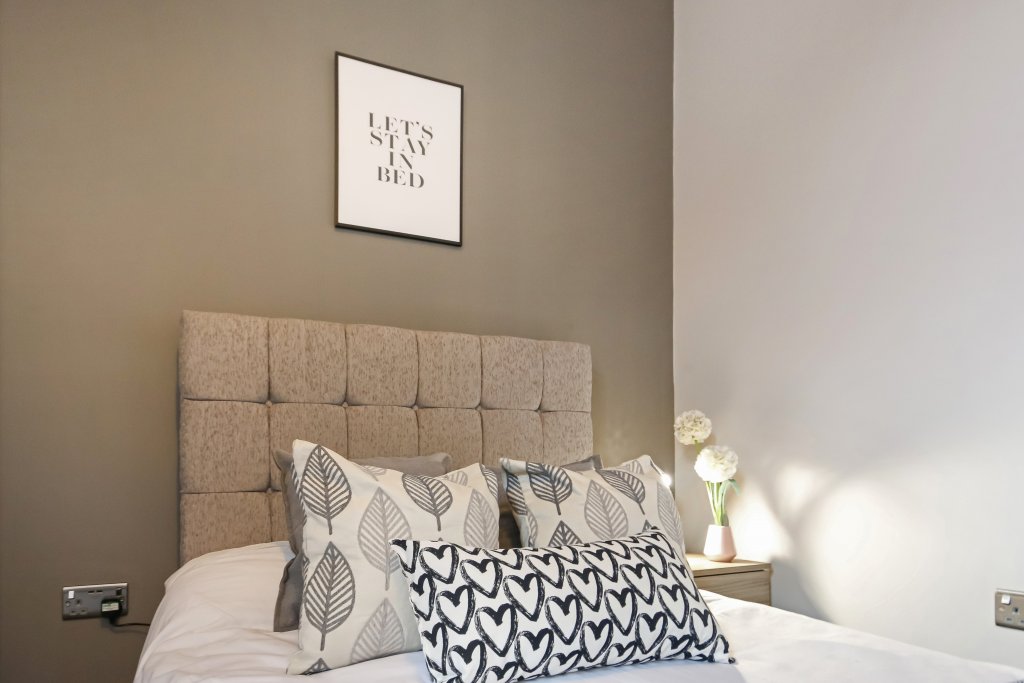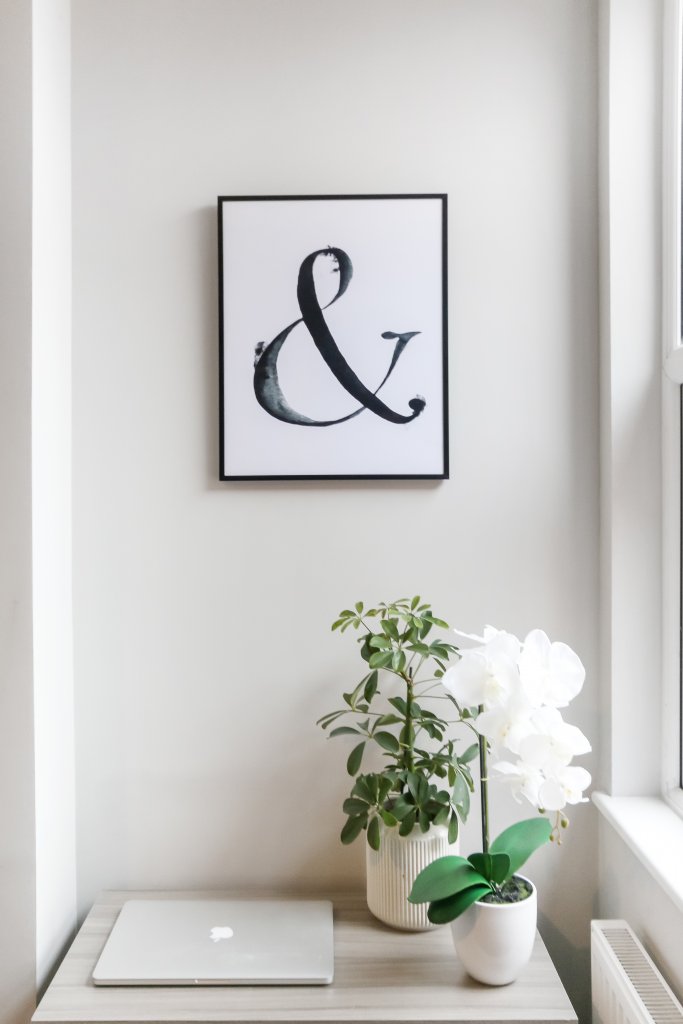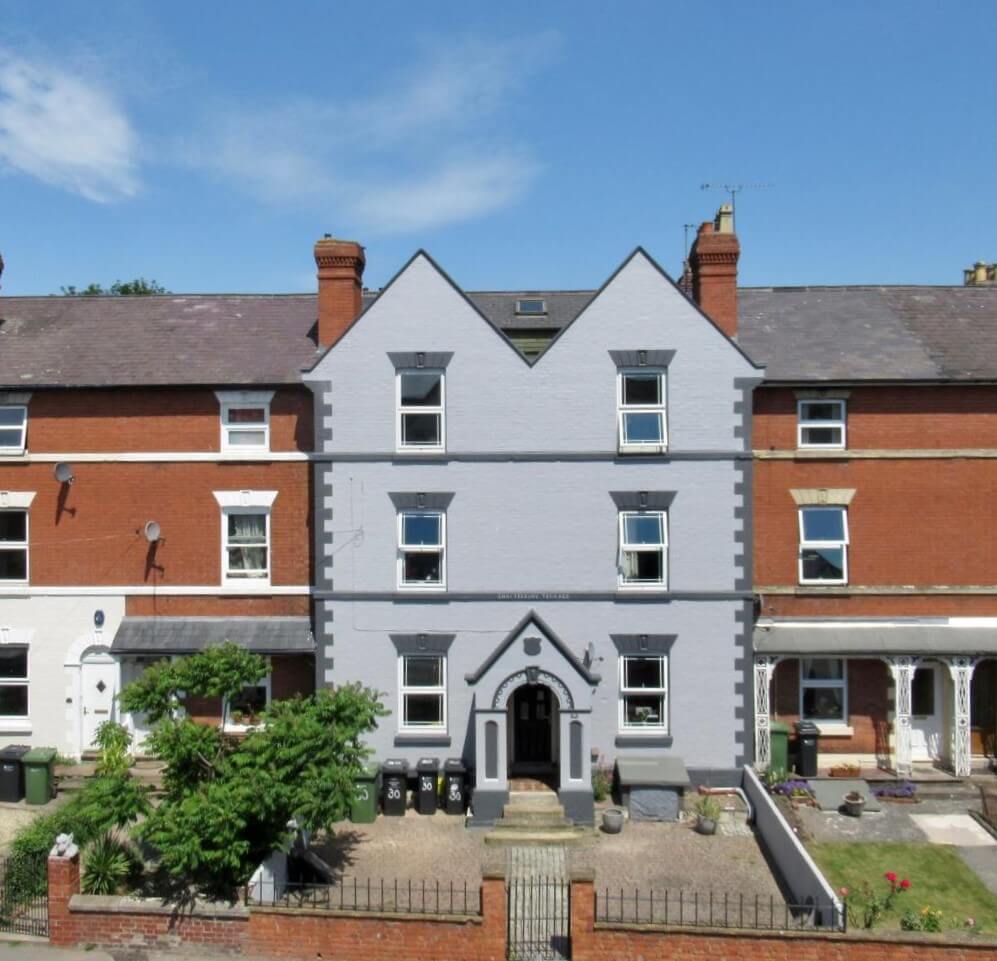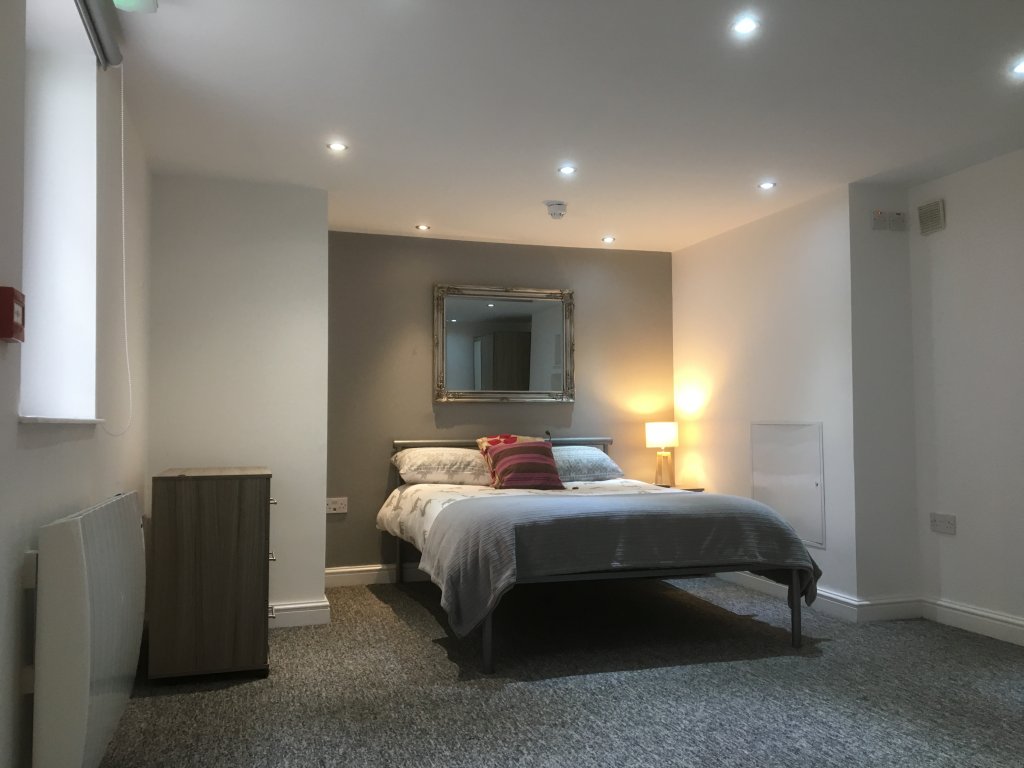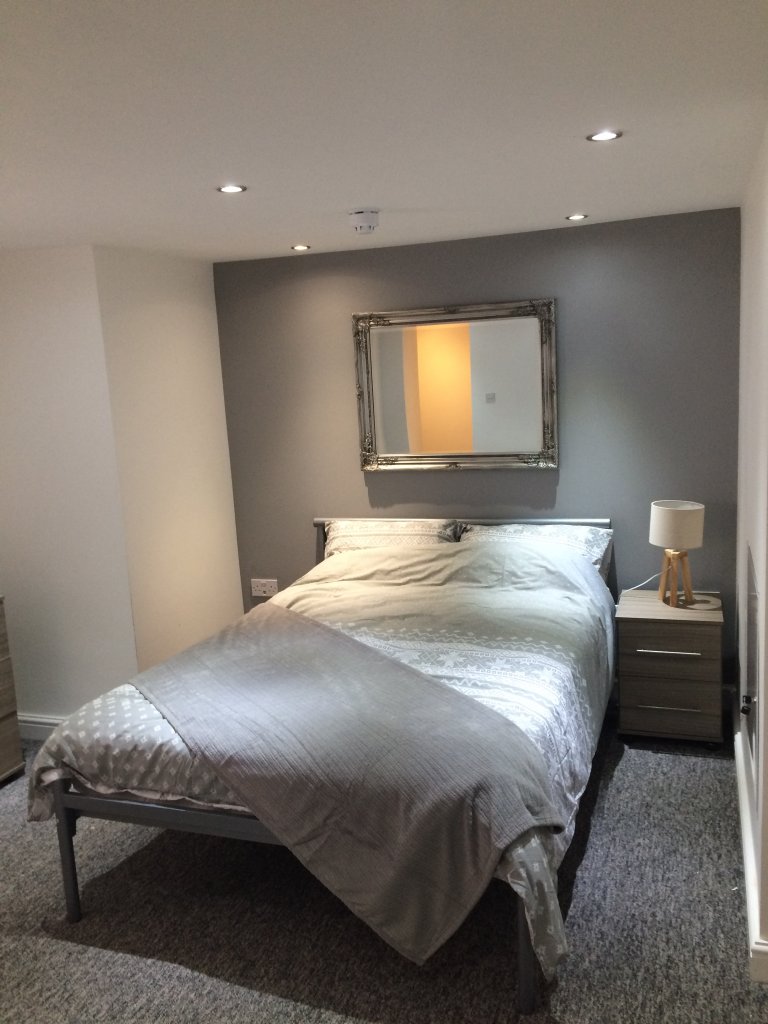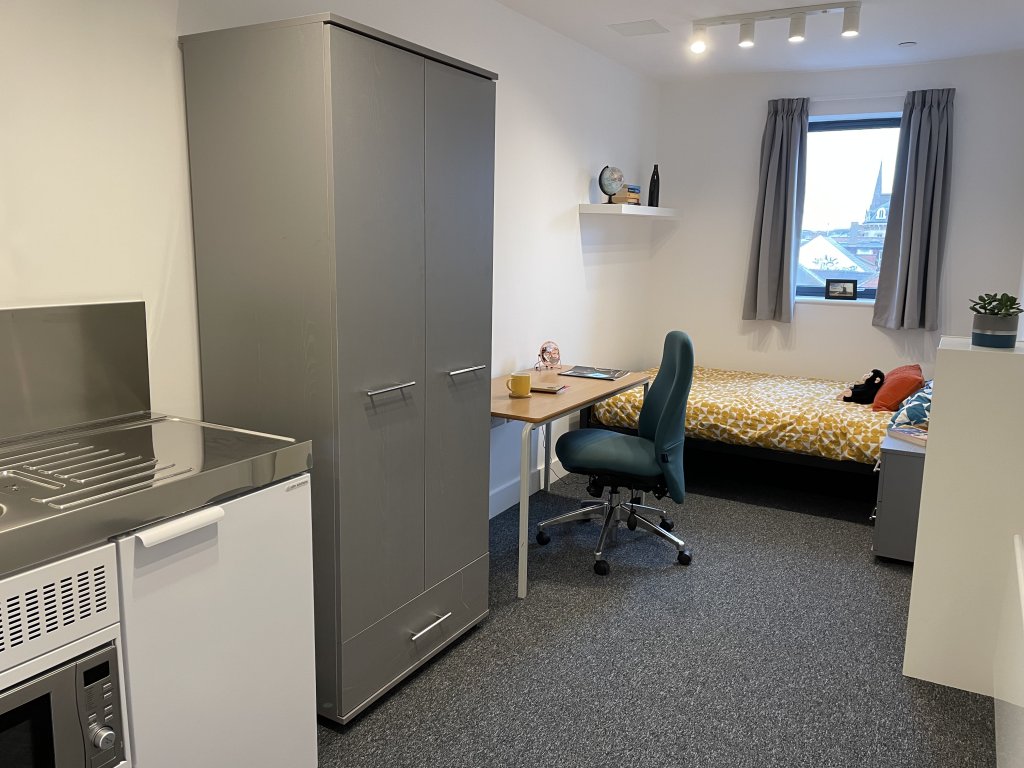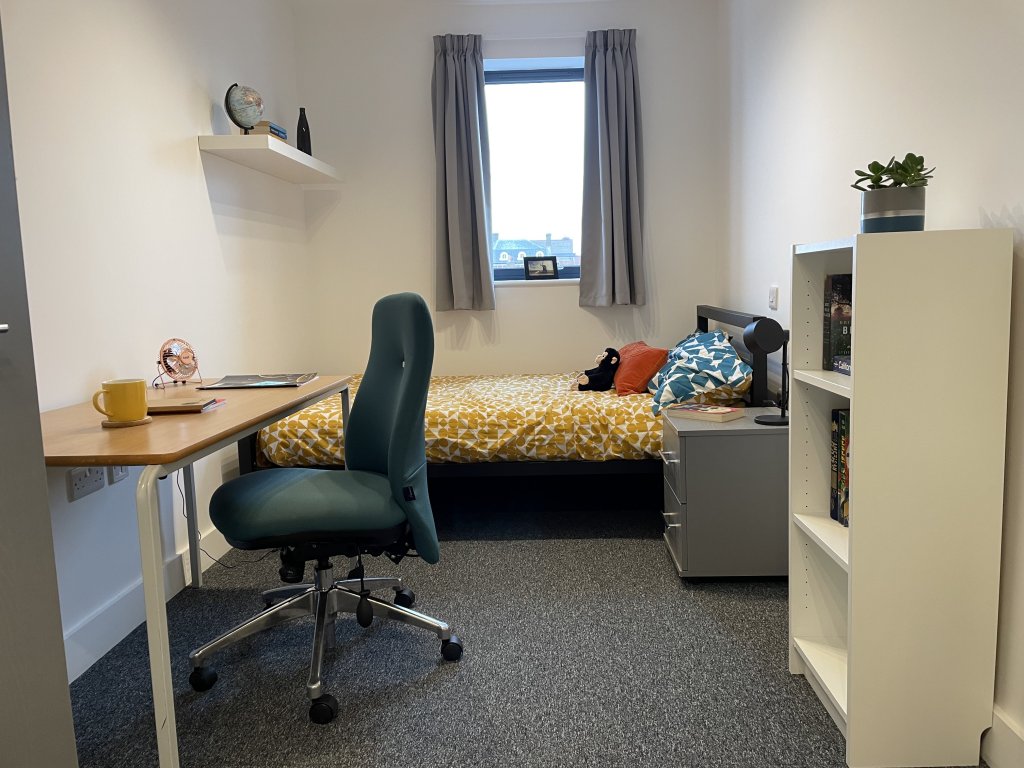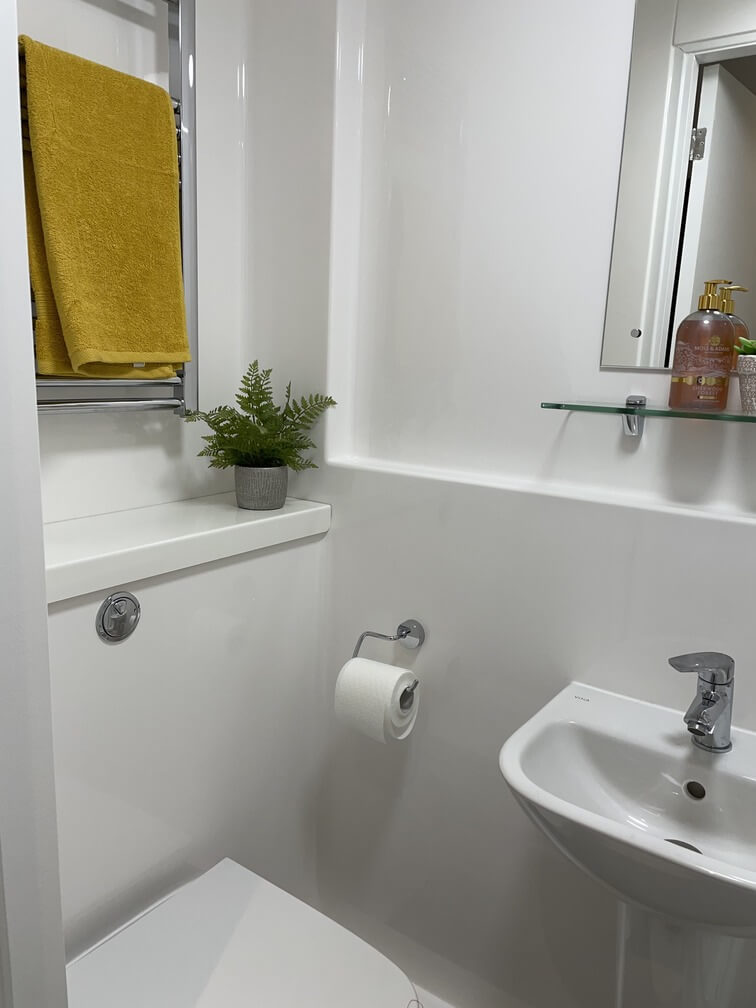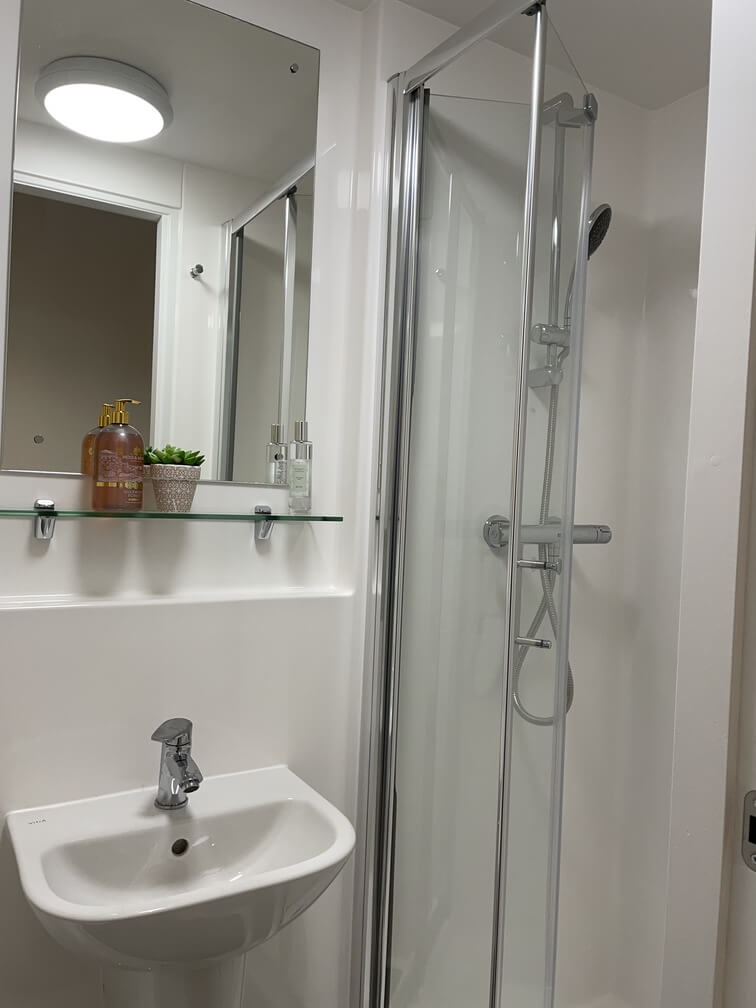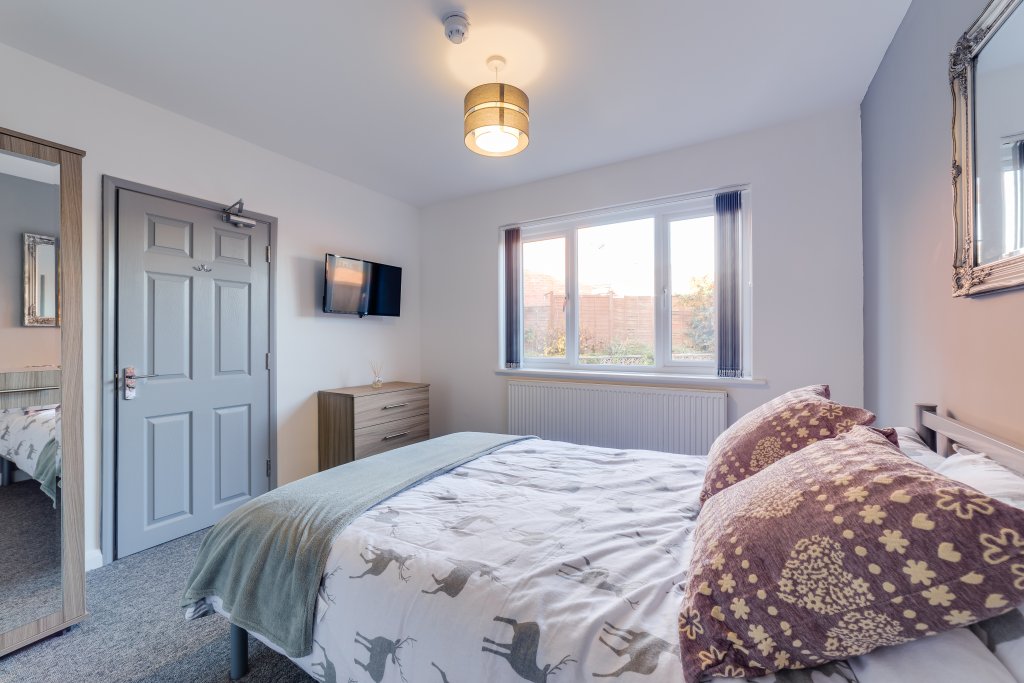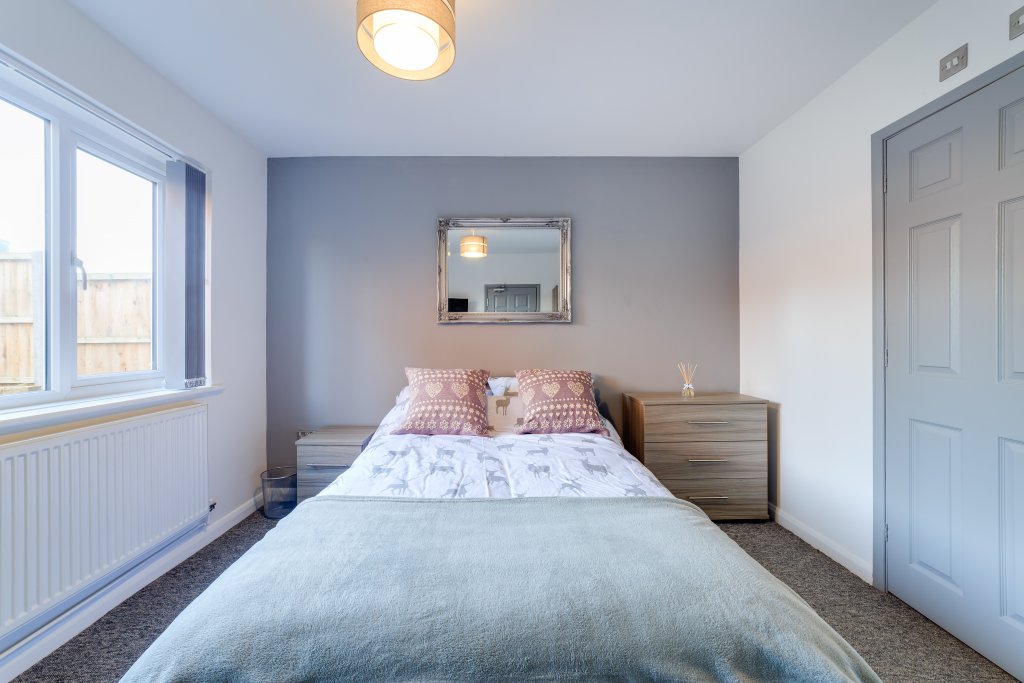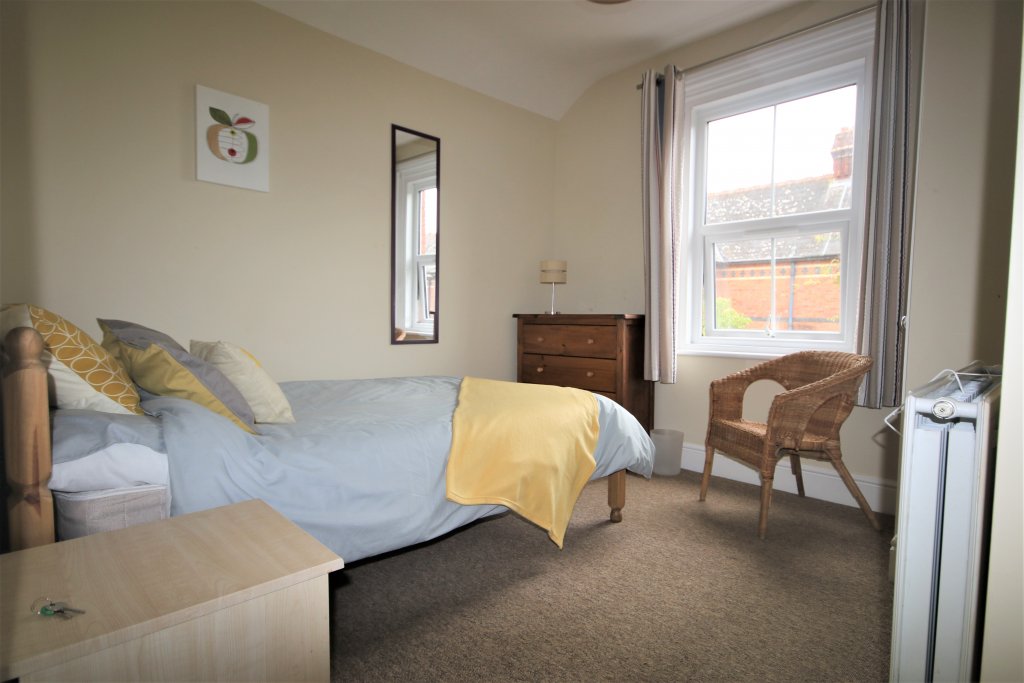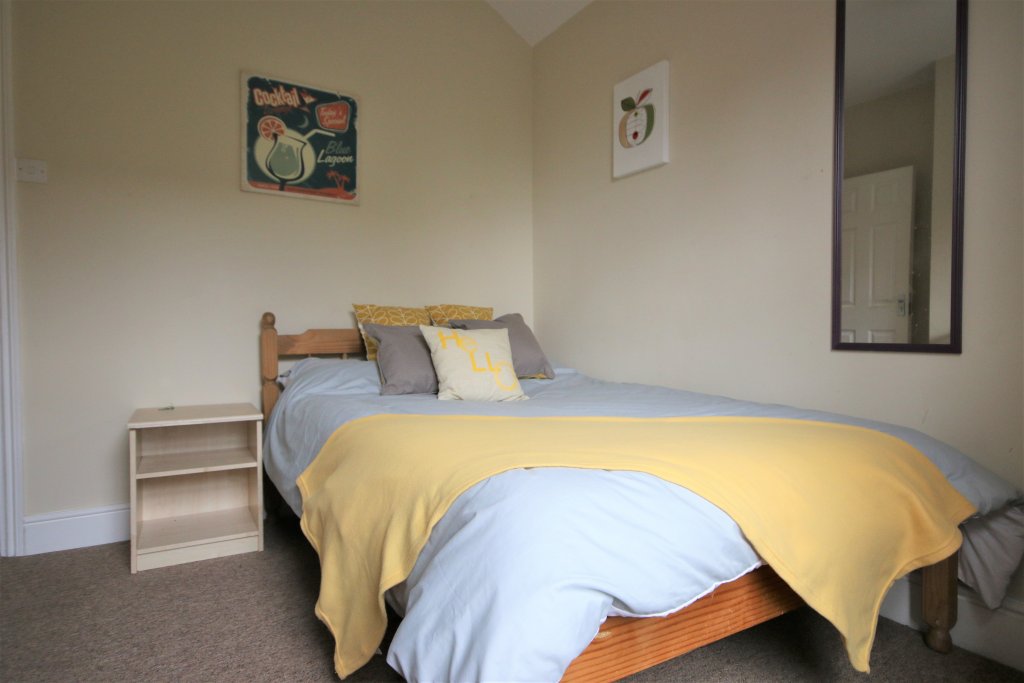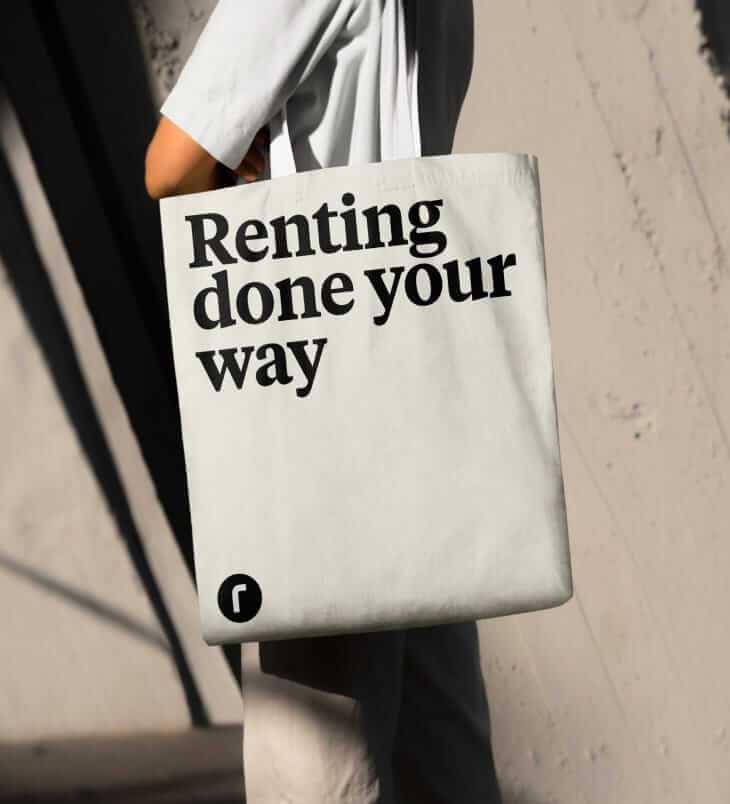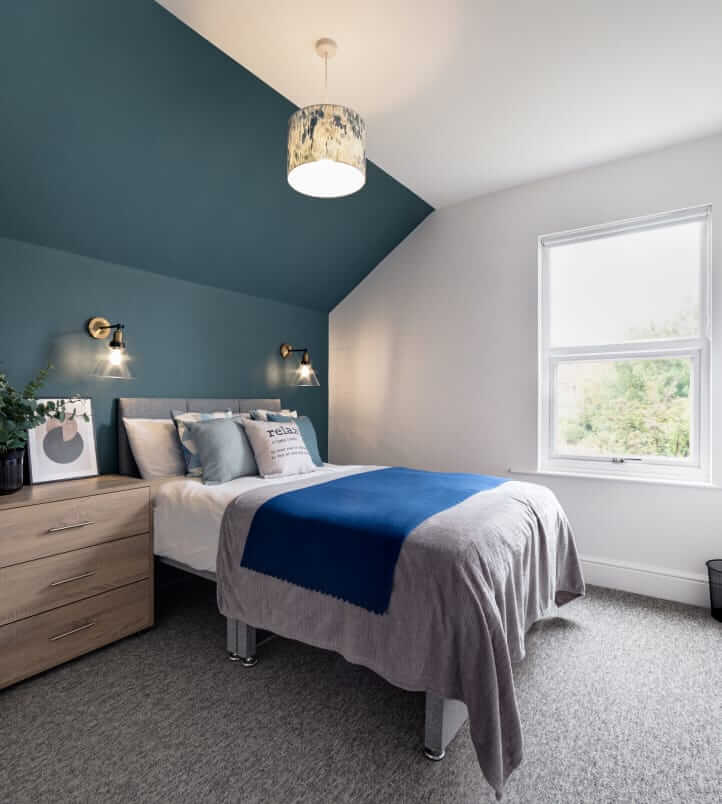HMO Lettings: The Importance of Notice Boards in HMOs
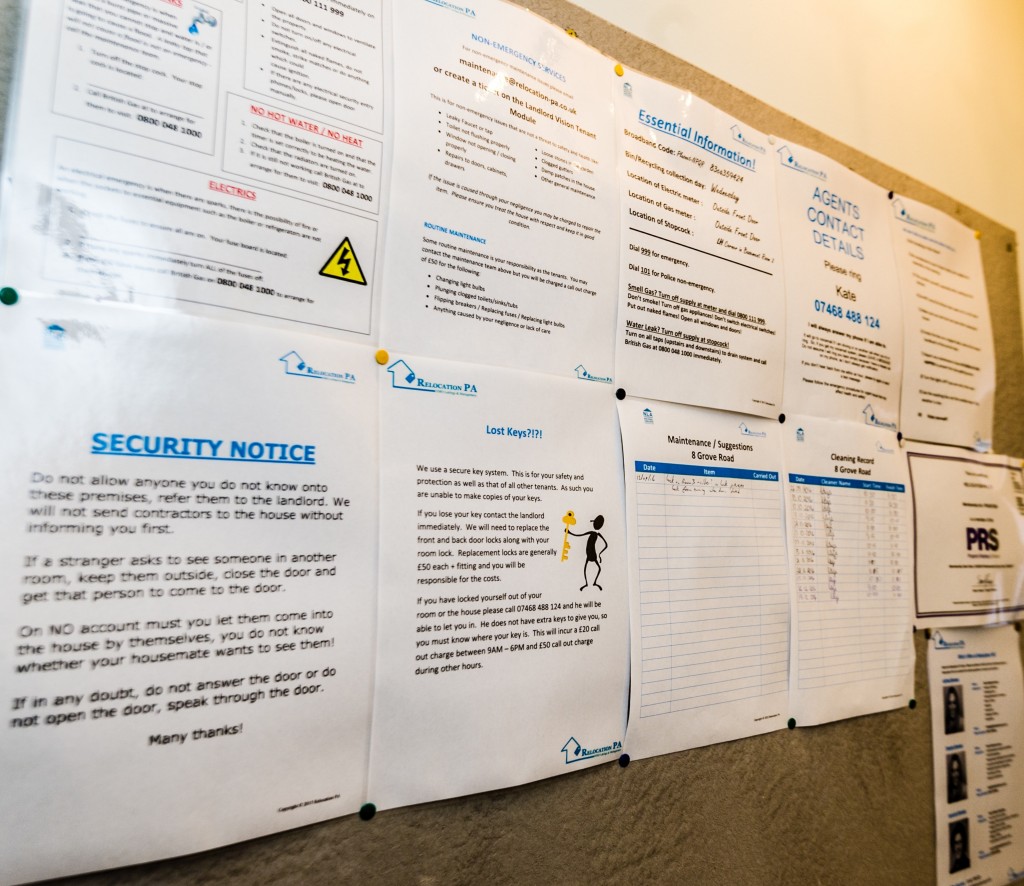
Some people might question the point of a notice board in their HMO, thinking what difference can a few bits of paper make to the running of their property. One could be forgiven for thinking this however, in this short blog post, we aim to outline and set out some of the key reasons why Relocation PA believe notice boards are one key and most important elements to have when managing an HMO and also why we feel anyone who owns or runs a shared property or HMO should all really think about having a notice board in their property.
Why have a notice Board?
There are really two main reasons why all landlords and agents should ensure all HMOs and other shared properties they either own or manage should really think about having a notice board, if not already. These can be broken down into legal reasons and management reasons.
As I’m sure everyone reading this blog post is well aware, as a landlord or managing agent of an HMO, there are certain legal criteria one has to abide to when renting out an HMO. One of the many and less complex regulations is the Gas Safety Certificate (GSC) and Energy Performance Certificate (EPC) must not only been sent to the tenant before moving in, but also MUST be displayed always somewhere in the house for the tenants to see. As well as the Cas Cert and EPC, if the property is licensable (see a previous blog post to understand more about whether a property needs a license) then the HMO license must also be displayed for all tenants to see. Most landlords don’t either have these things in the house, and many if they do are left tucked away in a draw somewhere or in a folder which the tenants have never actually seen. Therefore, the obvious solution to solving this problem and ensuring that you are abiding with the regulations, is to have a notice board displaying these documents so tenants can see them easily.
The second main reason for having a notice board is from the management side of running an HMO. One it looks very professional to perspective tenants and gives an impression on how well manged the property is compared to other landlord’s properties. To us, not only do we have a notice board in all our houses, but Relocation PA also produce a very in-depth house manual for each property we manage which covers a great detail for the tenants from everything from contact details to troubleshooting the appliances for that property to what to do when they wish to leave the property. This is very detailed and many tenants only look in it if really necessary and it can be tricky to find the information they are after. We have found that notice boards act as a very simplified house manual, detailing the really crucial information’s all tenants need to know, as can be used as a reference or aid memoir for quickly glancing at something if they need the answer to an issue or question they have. This also reduces the number of phone calls we get due to the preparation put into anticipating questions and our experience from dealing with tenants. Notice Boards also allows new tenants to see quickly what’s what in the house and where things are located allowing them to settle in faster.
Notice boards act as a quick and easy guide for tenants to glance at if they need to know something about the property or need to know how to do something quickly, for example in an emergency, without having to sift through a detailed manual to try and find a specific bit of information which could take a while to find.
Where to put your notice board
We have found the best place to locate notice boards are in the hallway of a property so tenants walk past them every day and can easily see and access the notice board. One could also locate a notice board in the kitchen or sitting room. As long as all tenants will be able to see if regularly and easily, it’s up to you. We suggest you use a Sundeala type of pin board and drill it into the wall. We have found the best size is 4×4.
What to include on your notice board
Okay so great, so we have established that notice boards provide a central and easy to see way of conveying key bits of information over to tenants but what should those keys bits of information include?
In all Relocation PA houses, we have a select number of notices we will put up in all houses. The key here is also not to have too many notices on the board in order not to crowd it and confuse tenants. We have found anywhere between 5-8 notices are best.
We would start by always having a ‘No smoking’ sign so all tenants know they are not allowed to smoke in the property. We would also what we call ‘Essential information’ which has everything from the wifi code to bin day on it, as well as the location of keys items in the property like the stop cock, fuse box and metres.
We will always have a notice with the property managers contract information on, including the name of their property manager, their phone number in BIG text and email so tenants know who to get into touch with if they need quickly and easily. We typically out a notice about what to do if a tenant loses the keys, as well as charges for losing their keys.
We also put a ‘What to do in an emergency’ sign up which just states what the procedure is for if there is a fire, gas leak or flood in very simplistic terms along with locations of things like the stop cock and the best numbers to call for the emergency services.
One of our most successful notices on the board has been the introduction of our ‘House rules’ notice which is a guide for tenants on how to act in the property and also provides a very good guide to people who have never lived in a house share before.
A few smaller things we like to out up are bus timetables for the nearest bus into town as well as menus for local takeaways and bars we suggest so new tenants into the area know where is good to go out.
Then we also obviously have the gas cert, EPC and license on the board, along with our Property Redress Scheme certificate so tenants know we are members of a Redress scheme and our membership number if they ever needed to get in touch with them (which we hope will never be needed).
We hope this is a useful guide to why you should have a notice board and what you should put on it to make the running of your HMO a much easier job as we can assure you it will reduce the phone calls to you as the tenants can find a lot of the information on the board.
